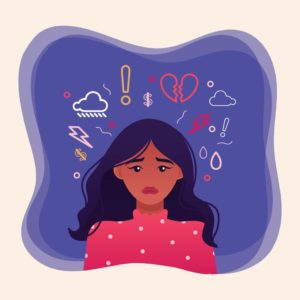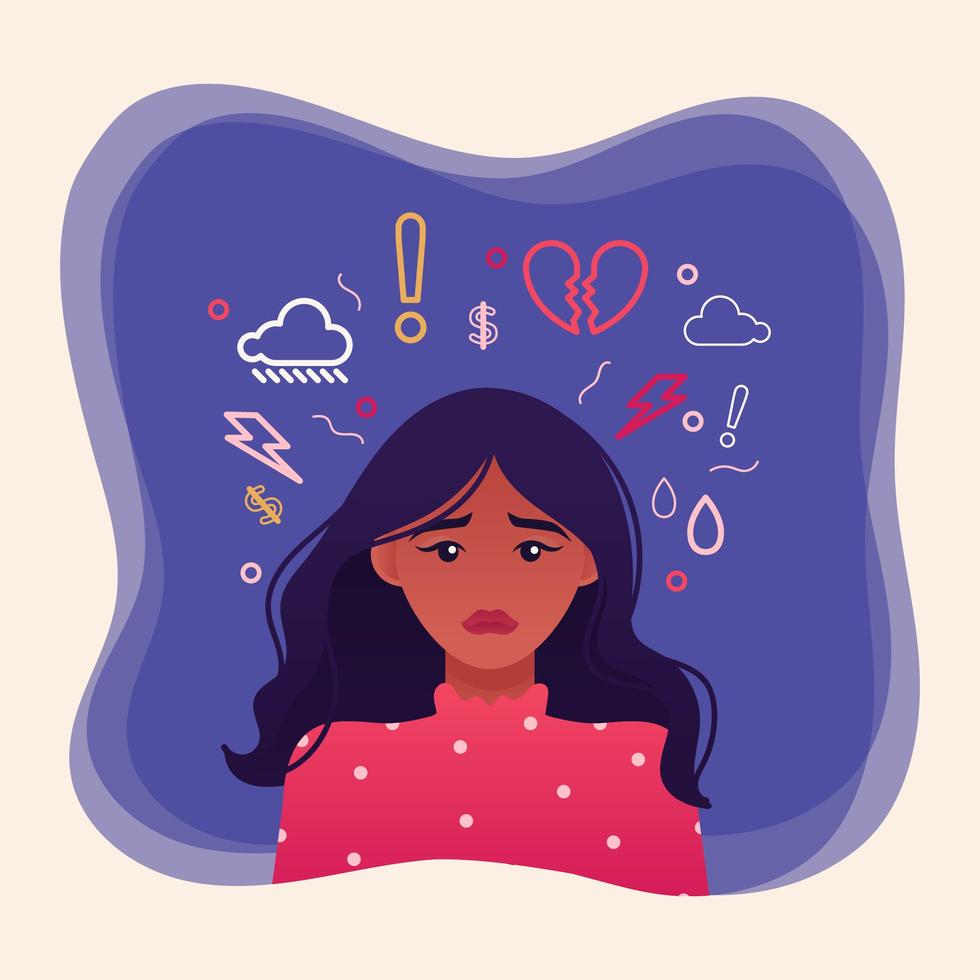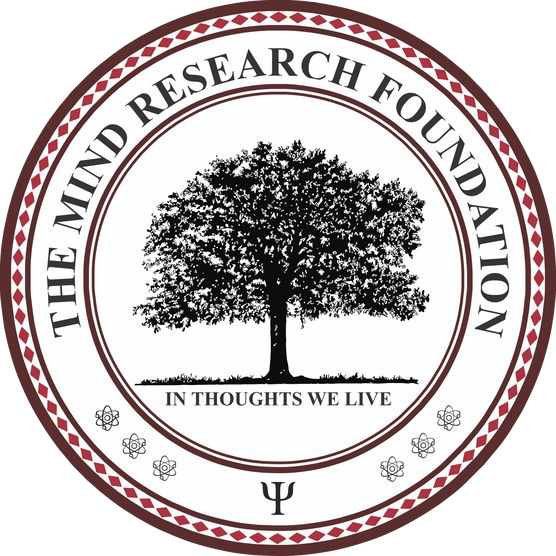What does it mean to be physically healthy and fit?
Having an adequate diet and routine exercise?
Following a keto diet and saying goodbye to caffeine or saying goodbye to your favorite pizza?
Maybe these are some c
ontributing factors to being healthy and fit.

Our mental health is as impo
But what are some of the misconceptions out there abo
ut mental health?
How do we know if it’s true or false?
How often do we trust Google to help us understand what we are going through and how often do we believe in them?
Let’s have a look at som
e common and uncommon myths about mental health.
Myth 1 – Mental illness doesn’t affect everyone
Mental illness includes
changes that affect our emotions,
What about being mentally fit?
feelings, thinking, and behavior. It is very common for individuals to experience some kind of mental health-related issue in their life. Be it a bout of depression due to a breakup, or a loss of a loved one, most of us have been through some form of mental distress. Individuals often experience anxiety before an exam, an interview, or even a blind date!
Most individuals may have experienced a mental health issue at so
me point in their lives. The d
ifference to diagnose someone with a mental health concern lies in the duration as well as the kind of subjective symptoms they have or are currently experiencing.
Myth 2 – Mental illnesses can be treated through medications only

Mental illnesses can’t be cured by psychiatric medications. Medicines help improve and manage the symptoms that one faces. Therapy and medications go hand in hand. One helps build internal stability while the other helps you focus on positive elements that will help improve your overall mental well-being. Mental illnesses have specific forms of treatment. It’s also tailor-
made to suit the individual’s needs. Some common categories of medications include antidepressants, anti-anxiety medications, mood-stabilizing medications, and antipsychotic medications.
Myth 3 – Everyone is either depressed or anxious

Yet another myth that most of us have believed at some point or the other is that we are depressed or anxious but it need not be so. Depression showcases itself in various ways and is subjective by nature. No two people diagnosed with depression would experience it on similar lines, nor would their coping strategies be the same. The most common belief is that being sad or feeling weak is equivalent to being diagnosed as depressed. But depression is much more than that. In order for a person to be diagnosed as depressed, he or she needs to be evaluated on the psychological, social, biological, and environmental facets of their life.
Anxiety, on the other hand, is usually perceived as being shy or nervous, or weak but it’s something that stems from worry, tension, or fear. Feeling worried or stressed does not conclude that you have an anxiety disorder, rather it is a general worry that affects our everyday routine where we spend most of our time worrying about our health, death, or about our loved ones.
Depression and Anxiety can be t
reated in various ways, for example, cognitive behavioral therapy has been proven to be quite effective in treating depression and anxiety. Another effective approach is practicing mindfulness-based breathing techniques that help one anchor themselves onto their breathing, thereby helping them relax and focus on the present moment.
Myth 4 – The internet has the power to diagnose you

Self-diagnosis is a trend that everyone currently adheres to. The process of diagnosing one’s own illness be it mental or physical on the basis of information provided by the internet isn’t sufficient. It is important to understand the consequences of self-diagnosis.
You may end up taking over-the-counter pills for an illness that may require medical intervention. Most often, people diagnose their concerns without any valid evidence. They jump to conclusions which may worsen the condition as well. Most often, doctors have a limited understanding of the actual concerns because most patients analyze their symptoms based on the information provided by the internet, which may be quite generic. Individuals need to understand that no two problems are the same. Each person may have an underlying or co-morbid condition as well. A common example could be mood swings that most of us have undergone. They could be due to various reasons such as various mood disorders, or hormone changes caused by certain stressors.
The information provided online is for us to build awareness of such mental or physical illnesses. Only by understanding that this is a concern and that it can be treated, do we seek out the necessary help. Most of these issues go undiagnosed otherwise. When individuals self-diagnose, the subjective crux of the problem is lost.
Myth 5 – Psychologists and Psychiatrists are the same
Psychologists and Psychiatrists work in the mental health domain. They both work towards assessment, diagnosis, and counseling for the individual. In order to become a psychiatrist, one must complete a medical degree with a specialization in psychiatry, whereas, in order to become a psychologist, one must possess a master’s degree or a doctoral degree.
Psychiatry is a field of medicine that focuses on the treatment of mental health concerns through medical interventions and counseling. Psychiatrists are doctors who diagnose and treat mental illnesses. They work in hospitals and collaborate with psychologists for the treatment of individuals.
Psychology is the study of human behavior using various types of therapeutic approaches. With the help of these therapeutic approaches, psychologists help the individual by establishing a safe environment for individuals to express their thoughts and feelings. Psychologists use evidence-based approaches to understand human behavior and mental illnesses. They work in various settings like schools, colleges, hospitals, rehabilitation centers, and counseling centers.
In a nutshell, your mental well-being is as important as your physical health. Begin to understand your mental health by reaching out to a psychologist today!





